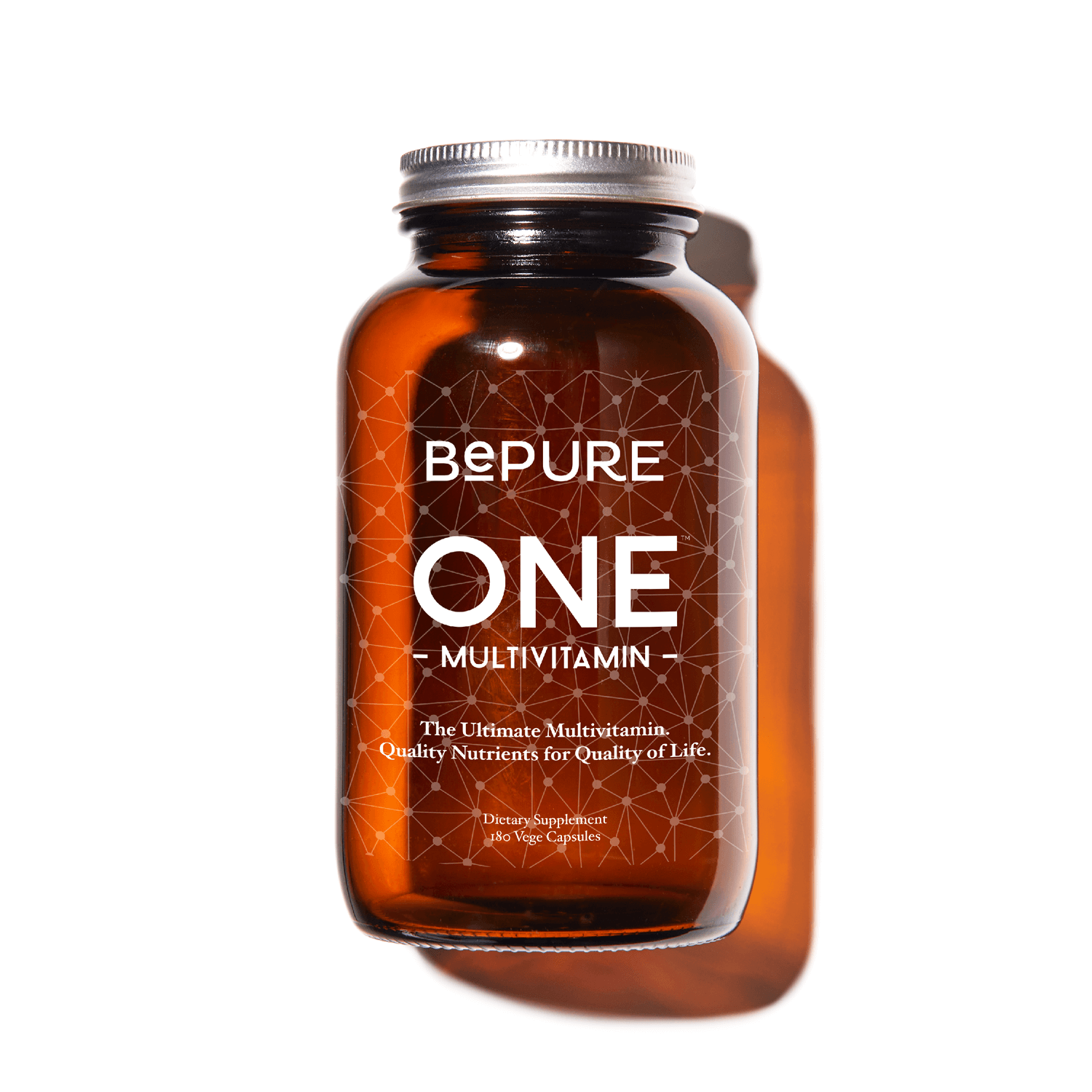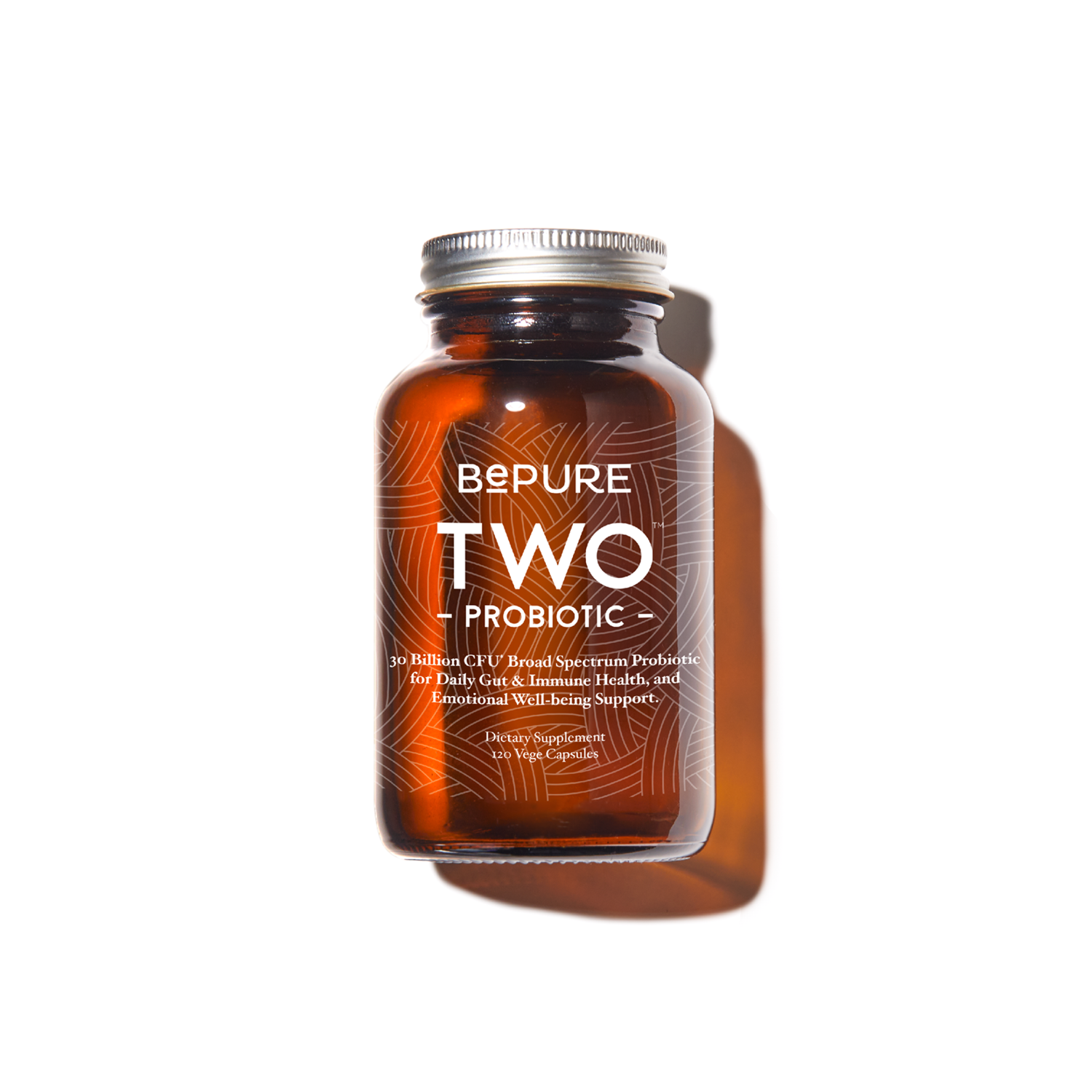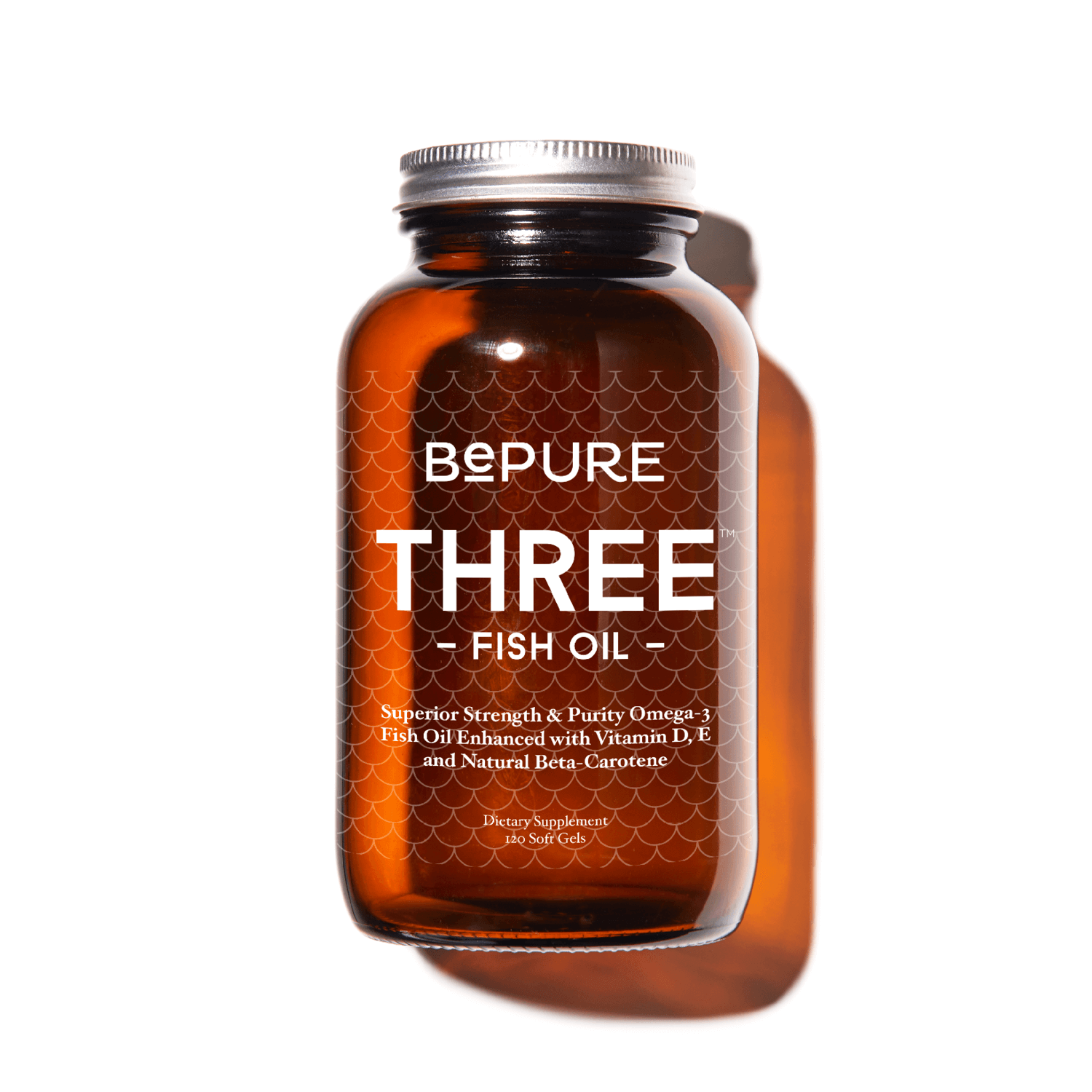Many of us may feel like we want to cut back on the amount of sugar we are consuming. However, approaching this with a mindset of restriction can feel drastic or difficult.
Sugar is a difficult substance to cut cold turkey. In our most recent article sugar – the worst ingredient in the modern diet I talked about how sugar lights up the same response centres in your brain as addictive substances, such as cocaine. When we eat sugar our bodies are wired to want more. This is because in evolutionary times sugar was scarce and needed to help store fat for winter or famine.
Now we only have to walk - or drive - to the nearest shop to find over 80% of all products contain added sugar.
Given that sugar is now added to four out of five food items and we know that eating sugar makes us want to eat MORE sugar, how do we gently cut down our intake without feeling like we’re on yet another diet?
What's a 'healthy' amount of sugar?
In 2015 the World Health Organisation released their findings around sugar consumption.
The guideline recommends adults and children reduce their daily intake of free sugars to less than 10% of their total energy intake.
It also states, "A further reduction to below 5% or roughly 25 grams (6 teaspoons) per day would provide additional health benefits."
The 5% guideline is a conditional recommendation. Basically, it's what the science says is correct for health promotion yet would appear too severe for big food corporations who profit by putting sugar into our foods.
As a general rule of thumb, this report has been interpreted to say 6 teaspoons per day for adults and just 3 for children.
Since its release, this report has provided updated global, evidence-informed recommendations on the intake of free sugars*. It looked at the levels of sugar acceptable to reduce the risk of non-communicable diseases in adults and children, with a particular focus on the prevention and control of unhealthy weight gain and dental problems.
* The term "free sugars" means sugar that is not contained in a whole food product such as fruit or sweet potatoes.
It's important to note that natural sweeteners, such as honey, rice malt syrup, maple syrup, fruit juice and coconut sugar still fall within this 6-9 teaspoon, free sugars recommendation.
This report is probably the most significant and influential guide for restricting sugar in our lifetime. Prior to the publication of this report, the World Health Organisation had been more moderate in their guide for how much sugar we should be consuming each day. Policy-makers, like our government and dietary programme managers, use these as a benchmark for free sugar levels within schools, hospitals and early childhood facilities.
What does 6 teaspoons of sugar a day look like?
We get asked questions like this a lot, "Why do I need to restrict my sugar - especially natural sugar - I already eat pretty healthily?"
While you might eat pretty well, sugar is sneaky and it's in places you wouldn't expect.
Currently, the average Joe will easily consume 37 teaspoons of added sugar a day! For a visual representation of what nearly 40 teaspoons of sugar looks like, go watch That Sugar Film!
One can of fizzy drink contains around nine to ten teaspoons of sugar – just one drink and you’re completely maxing out your daily quota! Throw in a “healthy” muesli bar, a tub of low fat fruit yoghurt, some pasta sauce from a jar, and maybe a few bites of chocolate for dessert. You're at 30 teaspoons of sugar without consuming any conventionally "bad" for you foods such as cake and lollies or ice cream.
How do I stick to the 6 teaspoon recommendation?
When looking to reduce your sugar intake, it’s important to be kind and gentle on yourself. How you feel when you remove sugar from your diet will depend on how much you were consuming beforehand. You do not need to couple your sugar-quitting efforts with vigorous gym workouts and a strict dietary overhaul. Start by committing to 7 days without added sugar in your diet and prioritising sleep and rest to help your body as it detoxes.
You will likely find after 7 days you feel much clearer in your head, are sleeping better and have more even moods so you will want to continue. But starting out and saying “I’m never eating sugar again ever…” is setting yourself up to fail.
6 BePure tips for giving up the sweet stuff
- Eat a whole food, nutrient dense diet. Avoid things in packets. If your diet is compromised of whole foods, such as veggies, meat, eggs, fish, nuts, seeds, gluten-free whole grains, fruit and legumes, you will be well within your daily recommendations. For children, whose allowances is 3 teaspoons per day, fruit should really be their only daily sweet indulgence with very occasional treats.
- Learn how to interpret sugar on food labels. Big food companies are very sneaky. As we’ve previously discussed, there are over forty names for sugar. Companies use them to try and hide the amount of sugar in their products. The best way is to look at the sugars in the per serving column on the nutrition information panel. 4 grams of sugar is equivalent to one teaspoon. So, if a fruit low-fat yoghurt has 18.2 grams of sugar that's over 4.5 teaspoons in one serve.
- Look out for "natural" products including juice and dried fruit. The fibre and liquid are removed from the original whole food creating an insulin spike. Both count towards your daily total intake. Bliss balls have their place but just watch quantity and how much sweetener is in them. Similarly, when juicing, make sure the juice is 80% vegetables and 20% fruit.
- Drink more water. If you’re feeling peckish or are having a sugar craving, drink two glasses of water and see if it passes.
- Think about your bigger picture. The Institute for Integrative Nutrition says often we transfer our emotional or physical needs for sweetness or comfort onto our food choices. If you are experiencing a sugar craving, stop and ask yourself what you really need. Is it sleep? Is it talking with a loved one? Is it a long bath? If you can identify an area of your life which is lacking a little comfort, see what you can do to remedy it.
- Accept from the outset you will slip up. It is simply impossible to avoid all forms of sugar from here on in. Maybe you’ll go out for dinner and there’s some sugar or honey in the sauce. Maybe you’ll choose to indulge in a dessert on your friends birthday. Whatever it is, the fact you are consciously trying to reduce your sugar intake is the important bit. Over time it will become a habit.
At BePure we try to eat as close as possible to nature - and make it tasty! If you're going to enjoy that occasional treat, make it special and delicious without any guilt. We have lots of delicious sweet treat recipes on our blog. Be sure to check them out!



